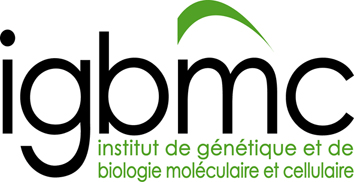Insulin and estrogen receptor ligand influence the FGF-2 activities in MCF-7 breast cancer cells.
Résumé
From the MCF-7 cell line we have developed, a human mammary cancer cell subline with the same karyotype as the mother strain and named MCF-7(SF), able to grow in serum-free chemically defined medium. This cell subline was firstly used to analyze the effect of basic fibroblast growth factor (FGF-2) in estrogen-receptor-positive human breast cancer cells. FGF-2 like estradiol is able to increase cell proliferation and pS2 expression but was also found to inhibit progesterone receptor (PR) expression. The anti-estrogen tamoxifen partly counteracts the effects of FGF-2 and to discriminate between its two main mediators (estrogen receptor vs. anti-estrogen binding site, AEBS) we compare the efficacies of pure anti-estrogen (ICI 182,780) and AEBS ligand (PBPE). It appears that pure anti-estrogen counteracts cell growth and pS2 effects of FGF-2 since AEBS ligand inhibits the cell growth but has no activity on pS2 expression. Secondly, adding insulin (10(-6)M) in the culture medium induces a strong increase in cell proliferation, which then elicits an inhibitory effect of FGF-2 and addition of anti-estrogens, are less efficient to further decrease growth, since the effects of FGF-2 and anti-estrogens on pS2 expression are conserved.
